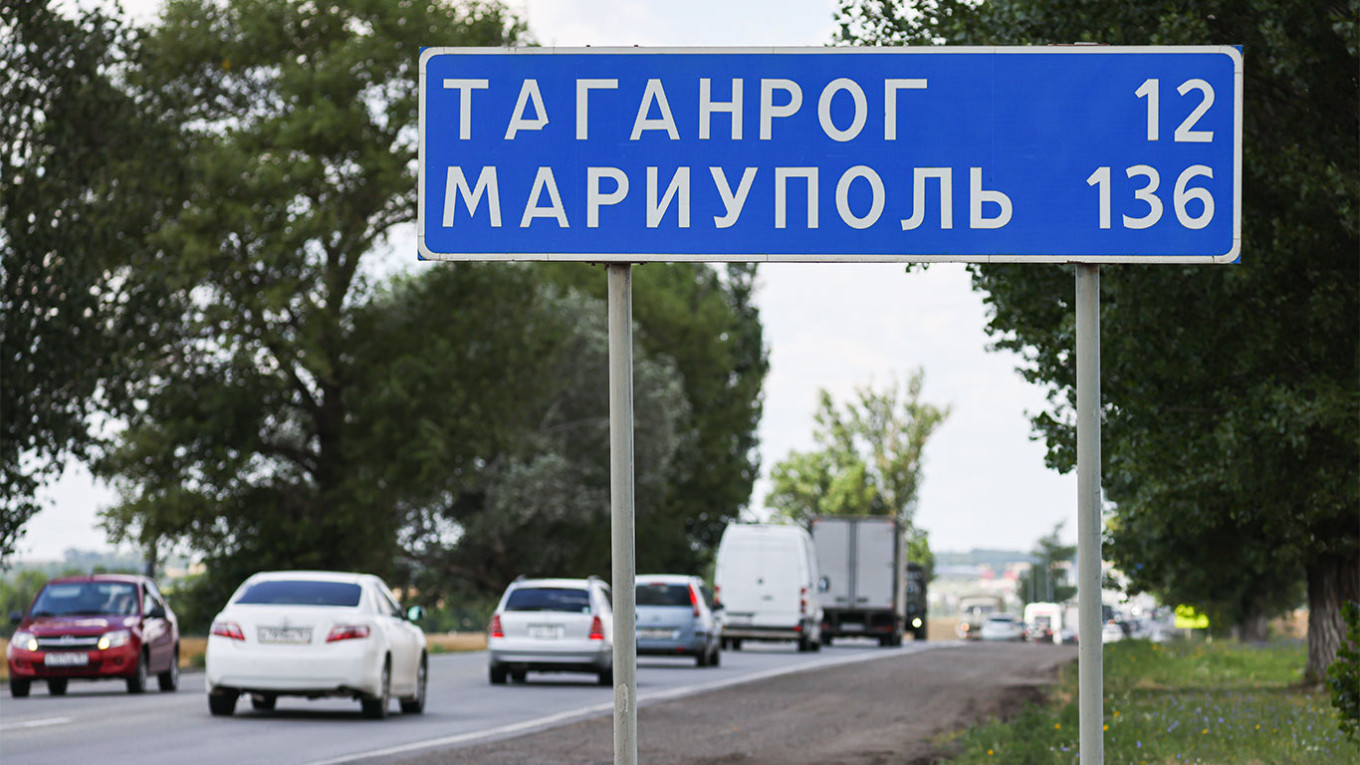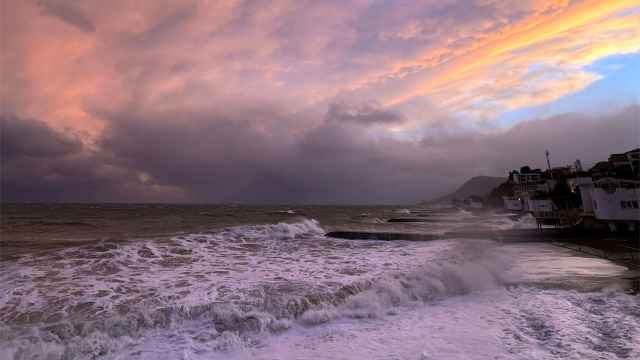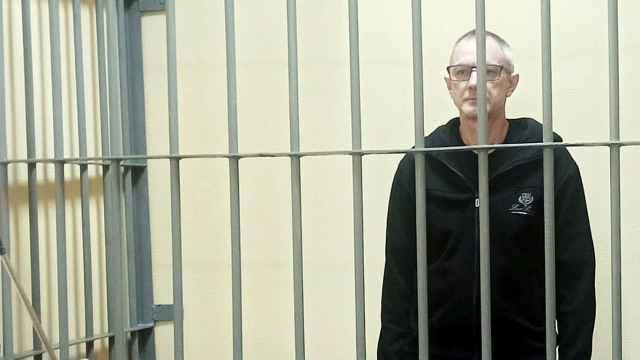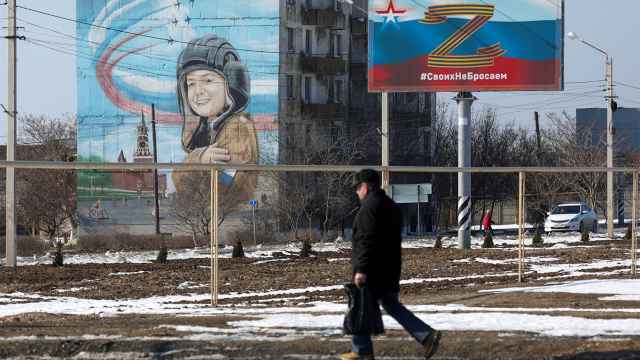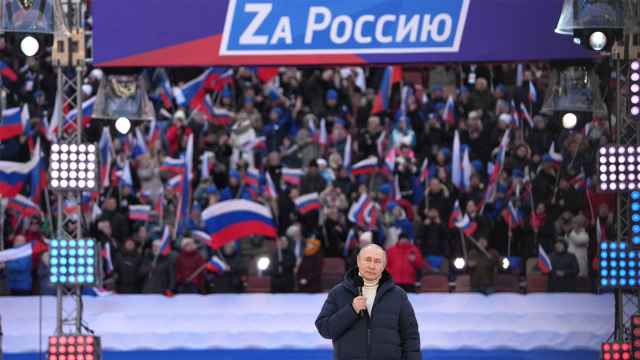Russian-installed authorities in occupied southeastern Ukraine announced they would temporarily suspend President Vladimir Putin’s martial law order for those seeking alternative exit routes from Crimea after a deadly drone attack damaged a bridge connecting the annexed peninsula to mainland Russia early Monday.
Putin declared martial law — which restricts movement and sets curfews — in the partially-controlled Donetsk, Luhansk, Kherson and Zaporizhzhia regions that he annexed last fall.
The Kremlin-installed heads of occupied Donetsk, Kherson and Zaporizhzhia issued statements Monday ensuring round-the-clock traffic on roads leading to and from Crimea.
Eyewitnesses and live traffic maps showed major congestion along roads leading from northern Crimea into the occupied Kherson region, then onto the cities of Melitopol and Mariupol before reaching southern Russia’s Rostov region.
Reports from on the ground showed police vehicles blocking entry onto the Crimea bridge and rerouting vehicles back toward the Black Sea peninsula.
Local authorities boosted air defense coverage while security services eased traffic control measures to encourage drivers to take the alternative route through territories captured by the Russian forces during the 17-month invasion of Ukraine.
The Association of Tour Operators of Russia (ATOR) said longer travel times of around eight hours across 400 kilometers and lack of GPS coverage would likely stifle demand for the evacuation route.
“People fear for their safety,” ATOR said.
The Kremlin said Putin had ordered to organize the flow of traffic — including assistance to drivers — to and from Crimea, but it did not offer concrete details on the measures that would be undertaken.
At least 50,000 Russian tourists were estimated to be in Crimea at the time of the attack, most of whom traveled there by car.
Train services and ferries between mainland Russia and Crimea were working with delays on the day of the drone attack.
Commercial flights to Moscow-annexed Crimea have been suspended after the start of the war in Ukraine, and most Russian tourists drive to Crimea through the bridge.
AFP contributed reporting.
A Message from The Moscow Times:
Dear readers,
We are facing unprecedented challenges. Russia's Prosecutor General's Office has designated The Moscow Times as an "undesirable" organization, criminalizing our work and putting our staff at risk of prosecution. This follows our earlier unjust labeling as a "foreign agent."
These actions are direct attempts to silence independent journalism in Russia. The authorities claim our work "discredits the decisions of the Russian leadership." We see things differently: we strive to provide accurate, unbiased reporting on Russia.
We, the journalists of The Moscow Times, refuse to be silenced. But to continue our work, we need your help.
Your support, no matter how small, makes a world of difference. If you can, please support us monthly starting from just $2. It's quick to set up, and every contribution makes a significant impact.
By supporting The Moscow Times, you're defending open, independent journalism in the face of repression. Thank you for standing with us.
Remind me later.


